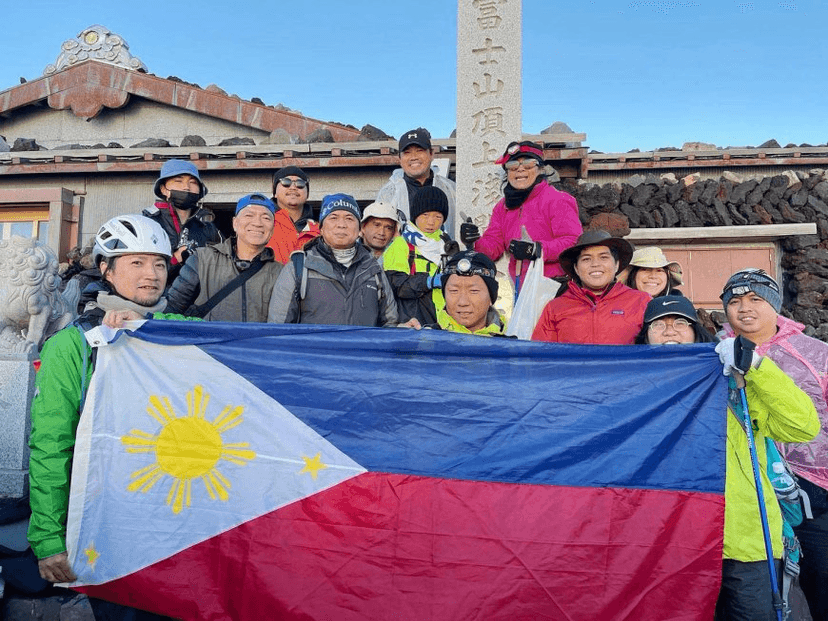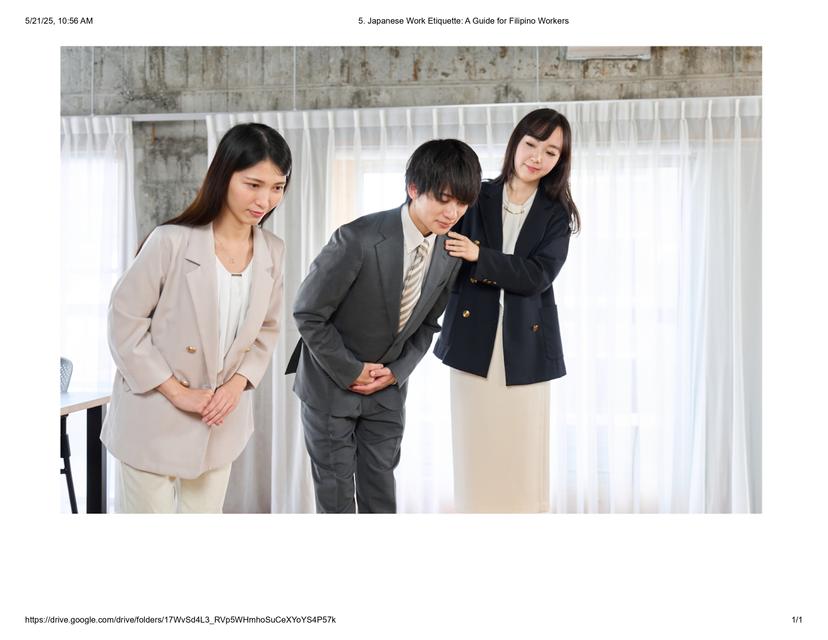Embassy
Spotting Fake U.S. Job Offers: A Cautionary Guide for OFWs

The desire to work in the United States and achieve financial success and a better life for their families in the Philippines has led many Filipinos to fall victim to job scams.
For instance, the Philippine National Police (PNP) arrested individuals operating a fake job scheme through a Facebook page that imitated a legitimate agency. Applicants were invited to interviews and pressured to pay fees for processing and medical exams, only to discover the jobs were non-existent. While this case involved certain fees, other recruitment scams have defrauded victims of much larger amounts.
Sadly, this isn’t an isolated case. In 2024 alone, the Department of Migrant Workers (DMW) took action against over 70,000 fake online job postings and accounts related to overseas employment. These scams, often found on platforms like Facebook and TikTok, frequently advertise overseas employment opportunities, often targeting popular destinations like the U.S. or other high-paying countries.
So how can you protect yourself?
1. Be Wary of Job Offers That Arrive Out of Nowhere
Legitimate employers or recruitment agencies don’t usually reach out to you unsolicited, especially on social media. If you receive a message promising a U.S. job you never applied for, it’s likely a scam.
Many scammers pose as recruiters or HR representatives from big companies. They may even create websites or Facebook pages that look professional, complete with fake testimonials.
2. Check for Proper Licensing and Accreditation
In the Philippines, all agencies recruiting for overseas work must be licensed by the Department of Migrant Workers (DMW) (formerly POEA). You can verify agency accreditation through the official DMW website: dmw.gov.ph. It's also advisable to check for approved Job Orders on the DMW website, which confirm the specific positions the agency is authorized to recruit for.
In the U.S., employers hiring foreign workers often use visa systems like H-2B (temporary non-agricultural) or H-1B (specialty occupation). Legitimate U.S. employers must petition U.S. government agencies, often starting with the Department of Labor (DOL) and then U.S. Citizenship and Immigration Services (USCIS), before making a formal offer or the worker applying for a visa. If an “employer” bypasses this crucial, employer-driven process or doesn’t mention it, be cautious.
3. Avoid Offers That Require Upfront Payment
Real employers, particularly for U.S. jobs under programs like H-1B or H-2B, typically do not ask applicants for payment upfront for job placement or U.S. visa petition processing fees, as these are often the employer's responsibility under U.S. regulations. While applicants are generally responsible for their own U.S. visa application fee paid directly to the consulate and potentially some documented costs in the Philippines (like medical exams or government clearances, if allowed by DMW rules), demands for large, vaguely defined "processing fees," "visa guarantee fees," or "placement fees" paid directly to the recruiter before a contract is signed and U.S. government approvals are secured are major red flags. One common scam involves asking for such a fee to secure a job—then disappearing after payment. Always demand an official receipt detailing the purpose and amount for any legitimate payment made.
4. Examine the Job Details Carefully
Red flags include:
-
Vague job descriptions
-
No mention of the specific work visa or the employer's sponsorship process
-
Unrealistic salary offers (e.g., “$5,000/month, no experience required”)
-
Poor grammar or generic email addresses (e.g., [email protected])
-
High-pressure tactics urging immediate payment or decision
-
Requests for payment via personal bank accounts or e-wallets instead of official company channels
These are hallmarks of scam templates.
5. Research the Employer and Offer
Search for company details online. Look for an official website with verifiable contact information. Many scammers use the names of real U.S. companies but provide spoofed emails and cloned sites. Use LinkedIn or the company’s “Careers” page to verify if they’re really hiring.
The DMW and the U.S. Embassy in the Philippines have both warned of these types of scams. If in doubt, you can also check with the DMW for job validation within the Philippines. For those already abroad, the Philippine Overseas Labor Office (POLO) at the nearest Philippine Embassy or Consulate can assist with verification and support.
Always remember: if it sounds too good to be true, it probably is. Scams don’t just cost you money—they steal time, emotional energy, and opportunities. Be skeptical, research carefully, and trust only verified channels.
Additional Information:
If you believe you’ve encountered a fake job offer or been a victim of a scam, gather all evidence (like messages, receipts, screenshots) and report it immediately to the appropriate authorities:
-
DMW: dmw.gov.ph (for illegal recruitment issues)
-
DFA / POLO: dfa.gov.ph
-
National Bureau of Investigation (NBI) Cybercrime Division: nbi.gov.ph (for online/cyber fraud elements)
-
Philippine National Police (PNP) Anti-Cybercrime Group (ACG): (for online/cyber fraud, especially via social media/messaging)






